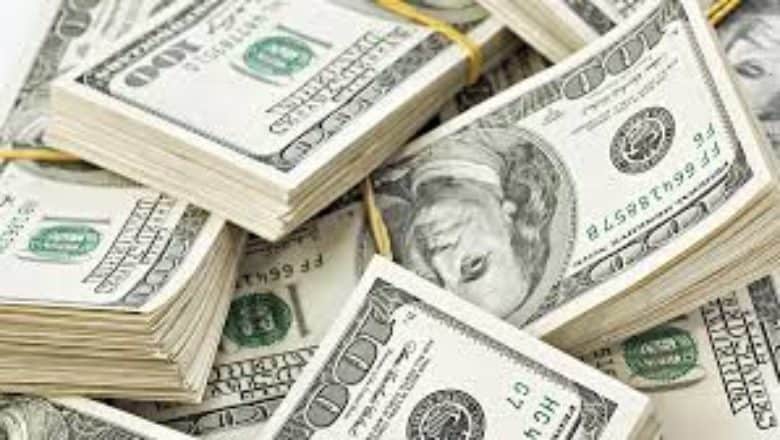Last updated on September 11th, 2021 at 03:11 pm
The Executive Board of the International Monetary Fund has approved a five-year arrangement under the Extended Credit facility (ECF) for Liberia in an amount equivalent to $213.6 million.According to an IMF statement issued late Wednesday, the credit is intended to help the country restore macroeconomic stability, provide a foundation for sustainable growth, and address weaknesses in governance.
“After grappling with challenges for over a year, a consensus on the need for broad-based reform has emerged,” the IMF said in the statement.
“The program aims to support the authorities’ strong adjustment efforts, catalyze significant donor financing ,and provide a framework within which to implement he authorities’ ambitious reform agenda. The Executive Board’s decision will enable an immediate disbursement of SDR 17 million (about US$23.4 million),” the statement said.
According to the IMF statement, the program will focus on restoring macroeconomic stability which is a key precondition for a sustainable transition out of fragility, while protecting the poorest segment of the population from the burden of adjustment putting Liberia on a fiscally sustainable path, which is the main objective of the nation’s development strategy, the Pro-Poor Agenda for Prosperity and Development (PAPD), and addressing weaknesses in governance and institutions of the public sector, which will help safeguard scarce resources and facilitate achievement of the first two objectives.
The program, also aims to catalyze substantial external support, which is critical to ensure that the programmed adjustment can be contained at levels that are politically and economically feasible, while at the same time ensuring public and external debt sustainability.
At the conclusion of the Board’s discussion on December 11, First Deputy Managing Director and acting Chair, Madam Mitsuhiro Furusawa said: “Liberia’s economic situation is challenging and fragile. Inflation and year-on-year exchange rate depreciation are high at 30 percent and growth is subdued.”
President George Weah launched the Pro-Poor Agenda for Prosperity and Development In October 2018, but its objectives of building roads and improving social services have largely been delayed due to lack of funding, the statement noted.

